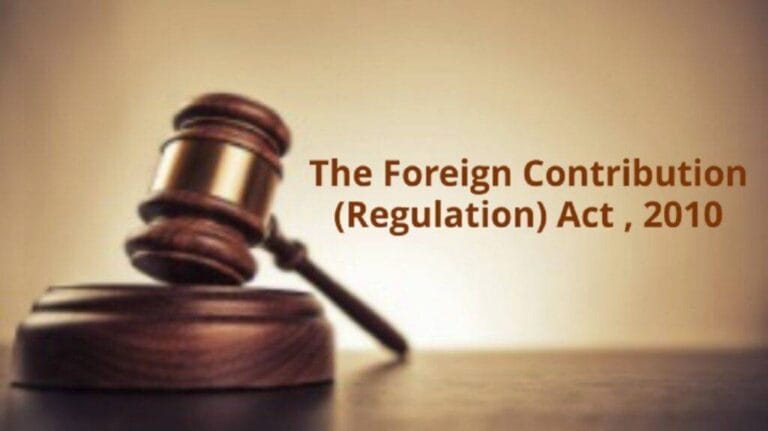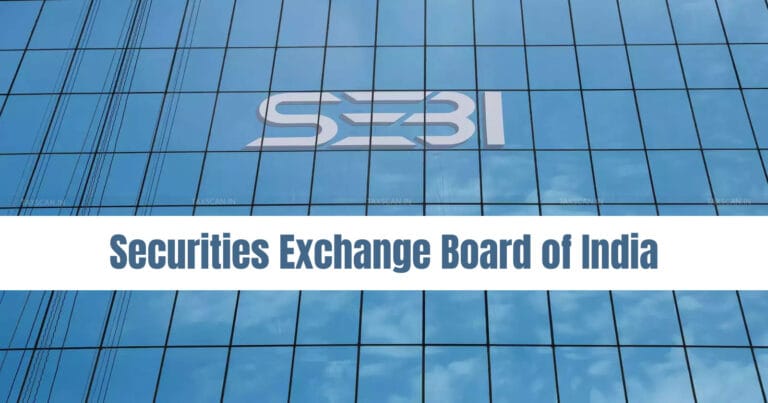Management due diligence is a specialized form of due diligence that focuses on assessing the leadership team and management capabilities of a target company during mergers, acquisitions, or significant investments. This process aims to evaluate the effectiveness, competence, integrity, and alignment of the management team with the strategic goals of the acquiring entity. Here’s an in-depth look at management due diligence:
Objectives of Management Due Diligence
1. Leadership Assessment
- Evaluate the experience, qualifications, and track record of key executives and senior management.
- Assess the leadership style, decision-making capabilities, and ability to drive organizational performance.
2. Strategic Alignment
- Determine if the management team’s strategic vision and objectives align with those of the acquiring entity.
- Assess the management’s understanding of market dynamics, competitive landscape, and growth opportunities.
3. Operational Capability
- Evaluate the operational expertise and efficiency of the management team in managing day-to-day business operations.
- Assess the ability to execute strategic initiatives, achieve operational targets, and overcome operational challenges.
4. Risk Management
- Identify potential risks associated with the management team, such as conflicts of interest, succession planning gaps, or key person dependencies.
- Evaluate the management’s approach to risk assessment, mitigation strategies, and crisis management capabilities.
5. Corporate Governance
- Review the governance structure, board composition, and oversight practices of the target company.
- Assess compliance with corporate governance standards, ethical practices, and regulatory requirements.
6. Culture and Team Dynamics
- Evaluate the organizational culture, team dynamics, and employee engagement under the leadership of the current management team.
- Assess the potential impact of management changes on employee morale, retention, and organizational culture post-acquisition.
Process of Management Due Diligence
- Planning and Preparation: Define objectives, scope, and timelines for management due diligence. Identify key stakeholders and assemble a due diligence team comprising of human resources, executive search, and organizational development experts.
- Interviews and Assessments: Conduct interviews with key executives and senior management to assess their background, skills, leadership style, and cultural fit.
- Performance Review: Review performance metrics, key performance indicators (KPIs), and operational results under the leadership of the current management team.
- Reference Checks: Verify the credentials, professional background, and reputation of key executives through reference checks with previous employers, industry contacts, and professional networks.
- Risk Assessment: Identify potential risks and challenges associated with the management team, including succession planning, talent retention, and alignment with strategic objectives.
- Integration Planning: Develop a comprehensive integration plan outlining the steps and strategies for integrating the management team into the acquiring entity’s organizational structure and leadership framework.
- Due Diligence Report: Prepare a due diligence report summarizing the findings, assessments, and recommendations regarding the management team’s capabilities, strengths, weaknesses, and potential areas for improvement.
- Decision Making: Use the due diligence findings to make informed decisions about the acquisition or investment, including evaluating the impact of the management team on the overall success and integration of the transaction.
Importance of Management Due Diligence
- Leadership Quality: Assesses the quality, competency, and effectiveness of the management team in achieving strategic objectives and driving organizational performance.
- Risk Mitigation: Identifies potential risks associated with management capabilities, succession planning gaps, and leadership continuity.
- Integration Success: Facilitates successful integration of the management team into the acquiring entity’s organizational structure, culture, and leadership framework.
- Stakeholder Confidence: Provides stakeholders, including investors, board members, and employees, with confidence in the leadership capabilities and stability of the target company post-acquisition.
Challenges of Management Due Diligence
- Limited Information: Access to confidential or proprietary information about key executives and management practices may be restricted.
- Subjectivity: Assessing leadership qualities and cultural fit can be subjective and influenced by personal biases or perceptions.
- Time Sensitivity: The due diligence process for management can be time-sensitive, especially in competitive acquisition scenarios where rapid decision-making is critical.
In conclusion, management due diligence plays a pivotal role in evaluating the leadership team and management capabilities of a target company during mergers, acquisitions, or significant investments. It helps ensure alignment with strategic objectives, mitigate risks, and facilitate successful integration into the acquiring entity’s operations and culture.
You can also find the other useful content from our service pages, or can follow us on our facebook page for latest information.
At Ujjwal Gupta & Co
We, at Ujjwal Gupta & Co, are dedicated to delivering personalized, high-quality solutions tailored to meet your financial and business needs. With our team of professionals and a client-first approach, we ensure that every challenge is met with expert guidance and strategic insight.
We are dedicated to ensuring your business’s success by providing best service practice available in the industry and that too at a cost effective pricing. Our team of experts is excited to work with you and provide the support you need to thrive in the Indian business landscape.
Our only motive is to create Value for Our Clients and accordingly, have a Client Value System at our Office.
So, let us help you navigate the complexities of finance and compliance, empowering you to focus on what matters most — growing your business. Get in touch today, and take the first step towards financial peace of mind.
Management due diligence is the process of assessing the competence, experience, and credibility of a company’s leadership team. It focuses on evaluating the management’s ability to execute business strategies, handle operations, and drive growth while ensuring long-term value creation.
Management plays a critical role in the success of a business. Conducting management due diligence helps:
- Evaluate the team’s expertise and leadership style.
- Identify gaps in skills or experience.
- Assess alignment between management and organizational goals.
- Ensure ethical practices and compliance with regulations.
- Minimize risks in investments, acquisitions, or partnerships.
Key areas of focus include:
- Leadership capability: Ability to make strategic decisions and lead teams.
- Track record: Past performance in achieving business objectives.
- Skills and expertise: Relevant qualifications and industry knowledge.
- Reputation: Market perception of the management team.
- Decision-making style: Risk tolerance and problem-solving approach.
- Ethical practices: Compliance with laws and integrity in business dealings.
Management due diligence is typically conducted by:
- Investors (e.g., venture capitalists, private equity firms).
- M&A advisors or consultants during acquisitions.
- Lenders before granting loans.
- Internal or external due diligence teams with expertise in assessing leadership.
Commonly reviewed materials include:
- Resumes and professional backgrounds of key executives.
- Historical performance reports and achievements.
- Organizational charts showing reporting structure.
- Past decision-making records (e.g., handling crises or major projects).
- References and feedback from stakeholders or employees.
- Legal and regulatory compliance records.
Methods include:
- Interviews: Conducting one-on-one or group interviews with key executives.
- Performance reviews: Assessing past achievements and leadership outcomes.
- Behavioral assessments: Analyzing leadership styles and decision-making approaches.
- Stakeholder feedback: Gathering insights from employees, partners, or clients.
- Background checks: Verifying credentials, criminal history, and reputational standing.
Risks may include:
- Lack of relevant industry expertise or experience.
- Poor communication or leadership skills.
- Ethical concerns, such as a history of legal or regulatory violations.
- Resistance to change or limited adaptability.
- Misalignment between management’s vision and business goals.
The timeline depends on the scope of the evaluation and the size of the leadership team. For small teams, it may take a few weeks, while for larger organizations, it could take several months.
The outcomes include:
- A comprehensive report on the strengths and weaknesses of the management team.
- Recommendations for leadership development or restructuring.
- Identification of potential risks and strategies to address them.
- An informed decision on whether to proceed with the investment, acquisition, or partnership.
Common challenges include:
- Gaining access to accurate and complete information.
- Overcoming resistance from the management team being evaluated.
- Ensuring objectivity and avoiding personal biases.
- Quantifying qualitative aspects like leadership and cultural fit.
- Balancing confidentiality with the need for thorough evaluation.
Why Choose UGC?

Client Centric Approach
Client is the key driver of our service offerings. Our approach to service offerings is based on a client centric and customized approach. Our specialized teams are a mix of technical and industry experience in order to serve clientele for their specific needs.

Team Work
We have built high performing teams supported by strong work ethic. Our team is a mix of experts, professionals and support staff from technical and varied academic, social and ethnic backgrounds. We believe diversification plays a vital role in motivating the team.

Quick Turnaround
We always endeavour for a quick turnaround time to serve our clientele. We are supported by an experienced and client focussed support teams to offer timely services to our clientele. In case of any business exigencies and time sensitive service requirements, you can always count on us.

Open Communications
We believe that open communication is the core principle in order to demonstrate trust, build long lasting and valuable relationships with clientele. We are committed to ensuring transparency in communication, service offerings and delivery. Our only motive is to provide professional services to our clients.

Client Value System
We value for the Client time and thus, we offer services that are value for money. Quality professional services are provided to our clients, so that they are able to achieve their desired results. We are a quality trademark in the industry and thus, our clients count on us always.

Quality in Delivering Work
Our service offerings are driven by quality and reviews at every level. We strive to provide a qualitative and value-added delivery to our clientele. At all times, we endeavour to provide exceptional client service by meeting client expectations and driving client satisfaction.














